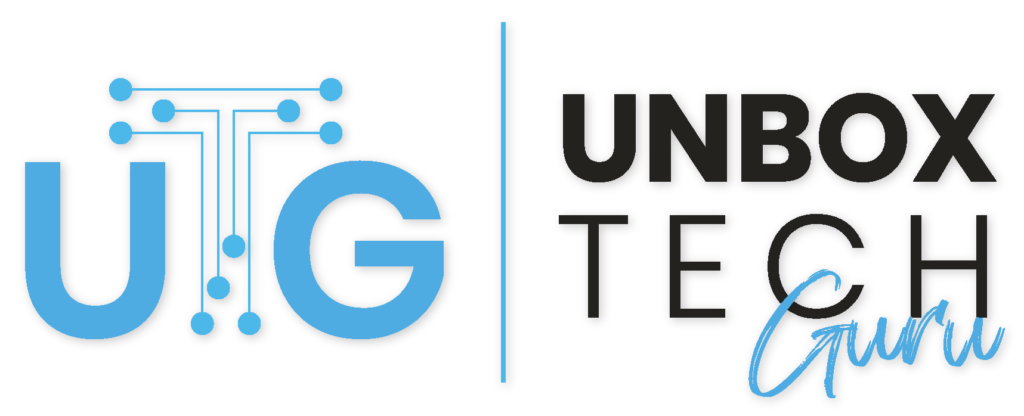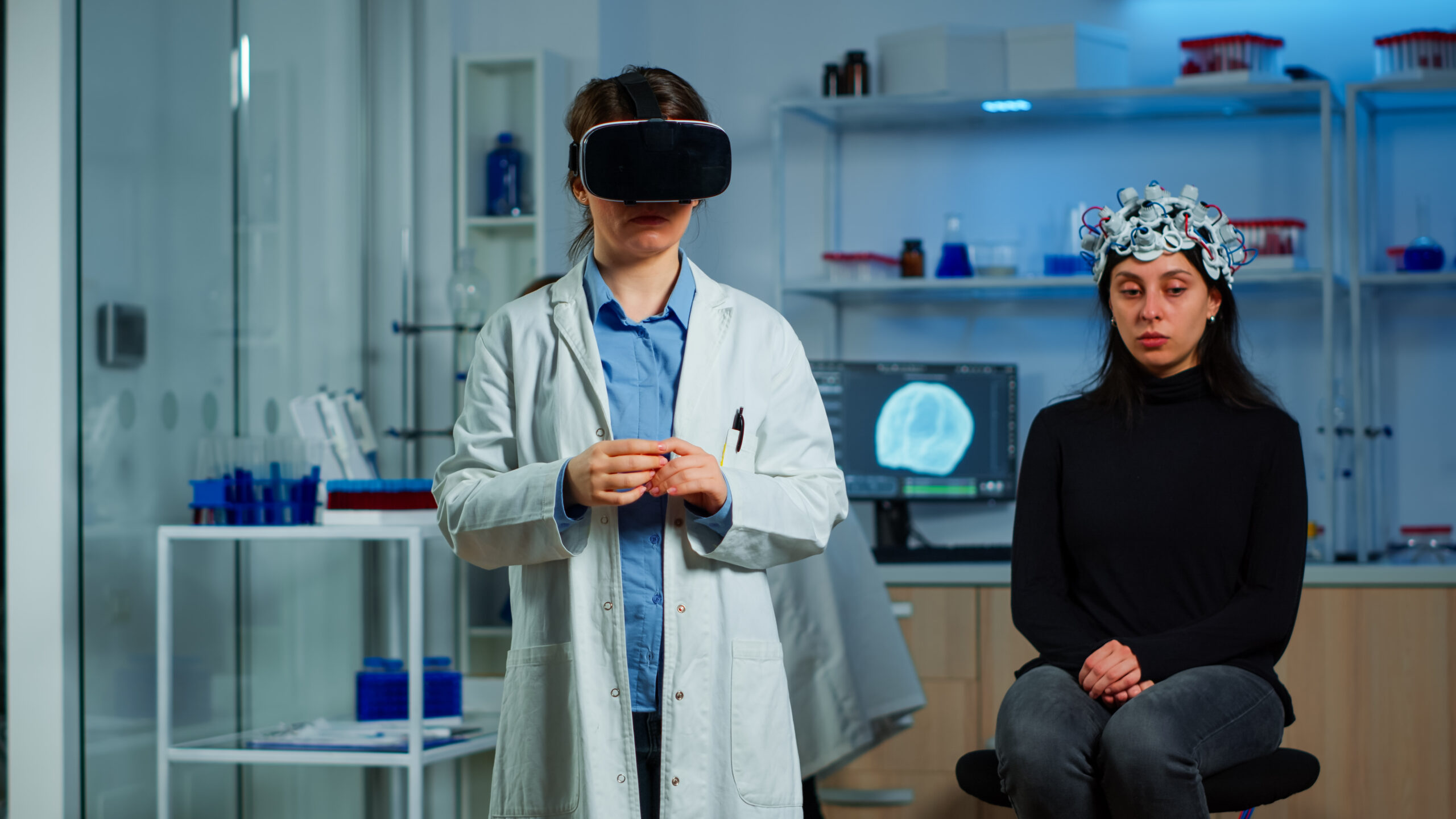In today’s fast-paced world, the integration of artificial intelligence (AI) in education has emerged as a transformative force, revolutionizing traditional learning and teaching methodologies. This amalgamation of technology and education has sparked a paradigm shift, offering unprecedented opportunities to enhance personalized learning, optimize teaching strategies, and foster a more engaging and effective educational experience.
Personalized Learning Experience
One of the most significant impacts of AI in education is its ability to cater to individual learning needs. Through the analysis of vast amounts of data, AI-powered systems can create personalized learning paths for students. Adaptive learning platforms utilize algorithms to identify a student’s strengths, weaknesses, and learning pace, providing customized content and activities tailored to their specific requirements. This personalized approach not only improves comprehension but also boosts student engagement by presenting information in a way that resonates with each learner.
Enhanced Teaching Tools
AI doesn’t only benefit students; it greatly assists educators as well. AI-powered tools offer teachers invaluable support in lesson planning, grading, and assessing student performance. For instance, AI algorithms can streamline administrative tasks, allowing educators to allocate more time to interact with students individually and creatively. Moreover, AI-generated insights from data analytics help teachers identify areas where students might be struggling, enabling timely intervention and personalized guidance.
Revolutionizing Assessments
Traditional assessment methods are evolving with the incorporation of AI. Automated grading systems equipped with machine learning algorithms can efficiently assess and provide instant feedback on assignments, quizzes, and tests. This not only reduces the time spent on grading but also enables educators to focus on interpreting the results and addressing specific learning gaps. AI-driven assessment tools also have the potential to measure a broader range of skills, including critical thinking and creativity, through innovative evaluation techniques.
Supporting Special Education
AI has the potential to significantly impact special education by providing tailored resources and support for students with diverse learning needs. Intelligent tutoring systems can adapt to the individual requirements of students with disabilities or learning disorders, offering specialized interventions and personalized assistance. These systems can adjust their teaching methods in real time, catering to the unique pace and style of each student, fostering a more inclusive learning environment.
Ethical Considerations and Challenges
Despite the remarkable advancements, the integration of AI in education comes with ethical considerations and challenges. Issues related to data privacy, algorithm bias, and the digital divide need to be carefully addressed. Ensuring equitable access to AI-powered educational resources and safeguarding sensitive student data are paramount. Moreover, the ethical use of AI algorithms in decision-making processes, such as student evaluations, demands transparency and accountability to prevent biases from perpetuating inequalities.
Future Possibilities
Looking ahead, the future of AI in education holds immense potential. Collaborative learning environments enhanced by AI-driven tools, virtual reality simulations, and personalized learning assistants are just a glimpse of what lies ahead. As AI continues to evolve, its integration with education will likely become more seamless and intuitive, empowering both students and educators to explore new frontiers in teaching and learning.
In conclusion, AI’s integration in education represents a transformative force that is reshaping the landscape of learning and teaching methods. The personalized learning experiences, enhanced teaching tools, innovative assessments, and support for special education are just a few facets of its impact. However, ethical considerations and equitable access remain crucial as AI continues to redefine education. With careful implementation and a focus on inclusivity, AI in education has the potential to unlock new avenues for knowledge dissemination and empower learners worldwide.











